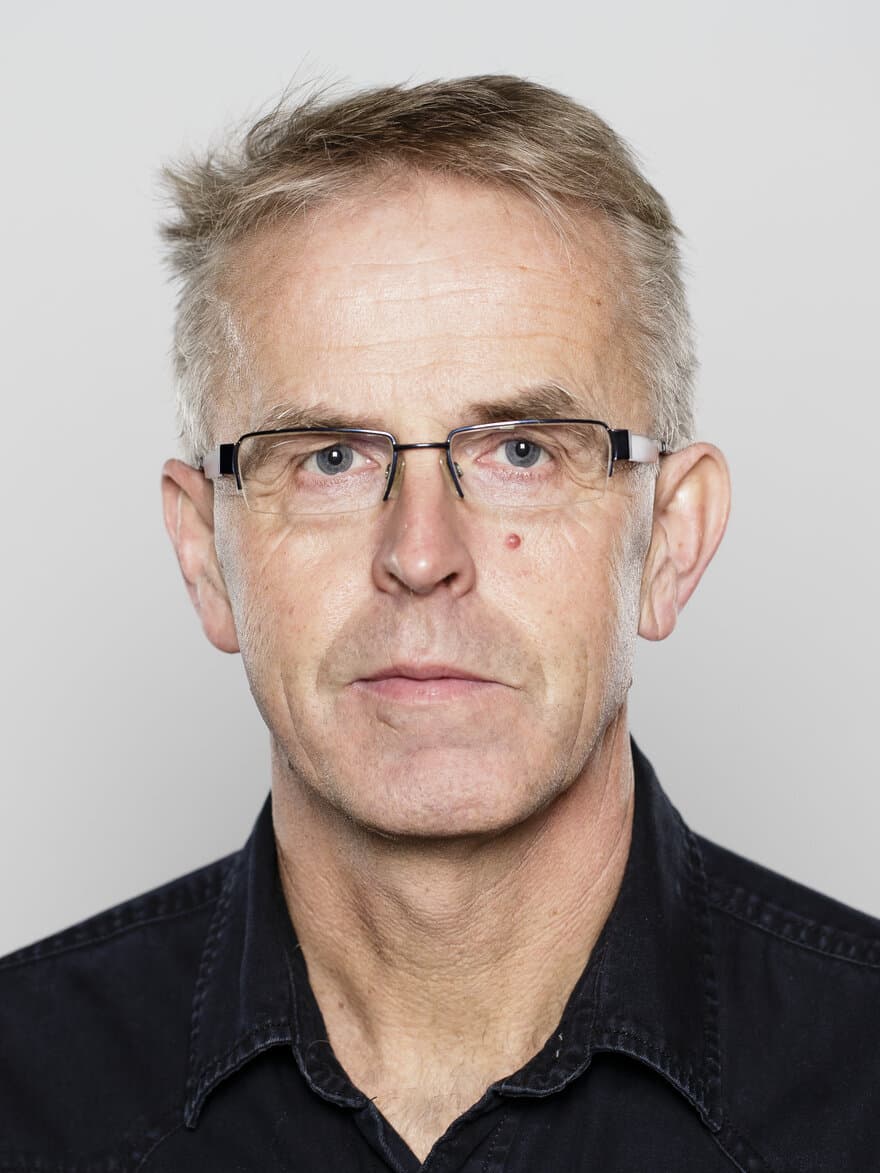
I work as professor in genetics at NMBU where my main research interests are functional and comparative genomics, genome evolution and genetic variation related to the genetic architecture of complex traits. Over the last 15 years I have devoted much of my time to the development of Centre for Integrative Genetics (CIGENE, www.cigene.no), which has grown from a small molecular biology lab to Norway's foremost SNP genotyping facility and an internationally important genomics research lab devoted to understanding mechanisms and genetic architecture underlying important phenotypes. Together with our extensive national and international collaborative network, we have pioneered the development of high-throughput genotyping tools for several agriculture and aquaculture species and taken important roles in high-profile genome sequencing projects.
Our work on salmonid genomic research has flourished and I am currently leading, or co-leading, five large projects on salmon genomics and genome biology (together totalling to more than 120 MNOK). Key among these is the NRC/NMBU-ToppForsk project “TRANSPOSE: Transposable elements as agents of genome evolution and adaptation following a recent whole genome duplication”, where we exploit the advantages of state of the art long-read sequencing technology to upgrade the salmonid genome resources with >20 new chromosome-level assemblies, generated across the eleven main phylogenetic lineages of salmonids. These highly improved genome resources have enabled us to position and taxonomically categorize TE-families in the whole group of salmonid fishes and develop pangenomes incorporating SNPs and SVs in genome-graphs to portray biodiversity and explore adaptive divergence across phylogenetic groups and populations.
Moreover, to advance our understanding of how variation in the blueprint of the salmonid genomes may lead to phenotypic variation I initiated the international collaboration on “Functional Annotation of All Salmonid Genomes – FAASG” (http://www.faasg.org/). My engagement in annotation of fish genomes has expanded as coordinator of the EU/RIA-H2020 project “AQUA-FAANG: Advancing European Aquaculture by Genome Functional Annotation”, developing comprehensive maps of functional elements and epigenetic marks for the six commercially most important fish species within European aquaculture (among these Atlantic salmon and rainbow trout).
- Genomics
- Genome biology
- Genome evolution
- Aquaculture
- Animal Science
Forskningsprosjekter med nettside utenfor NMBU